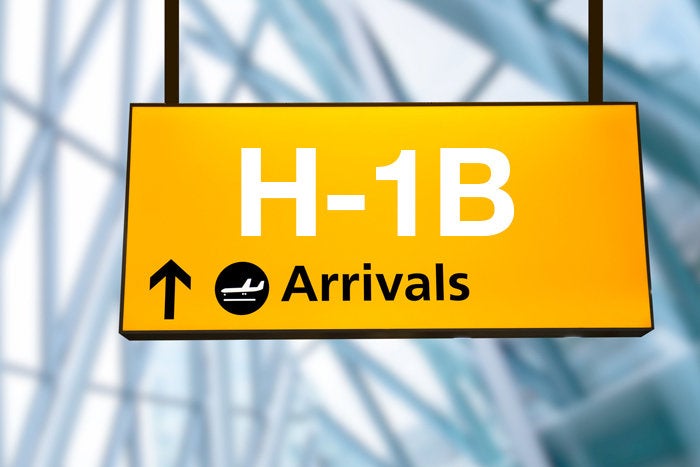 The U. S. technology industry warned President Donald Trump that his immigration order will hurt the U. S. economy by making it more difficult for businesses to attract overseas workers. The administration’s seven-country ban is, for the tech industry, a blinking caution sign to the world’s highly skilled population delivering this message: Come here at your own risk.
The U. S. technology industry warned President Donald Trump that his immigration order will hurt the U. S. economy by making it more difficult for businesses to attract overseas workers. The administration’s seven-country ban is, for the tech industry, a blinking caution sign to the world’s highly skilled population delivering this message: Come here at your own risk.
Tech firms see the market for highly skilled workers as being «globally competitive,» and any changes to immigration rules may inhibit their ability to recruit overseas. Most of these companies hire Indian nationals, who account for as many 70 percent of the H-1B visa holders.
People born in the seven banned countries accounted for 251 of the H-1B visa applications approved in fiscal year 2015 for computer-related jobs, according to a Computerworld analysis of government immigration data for that year. If new and renewed H-1B visas are counted for multiple years, the number will rise. The seven countries where the immigration ban would apply are Iran, Iraq, Libya, Somalia, Sudan, Syria, and Yemen.
The court papers filed in support of Washington State’s fight against the seven-country ban tell stories of people who can’t travel out of the U. S. for fear they won’t be able to get back in; people arriving at a U. S. airport only to be sent back to their home countries; and of those fearful that Trump’s executive order has fueled «anti-Muslim feelings.






